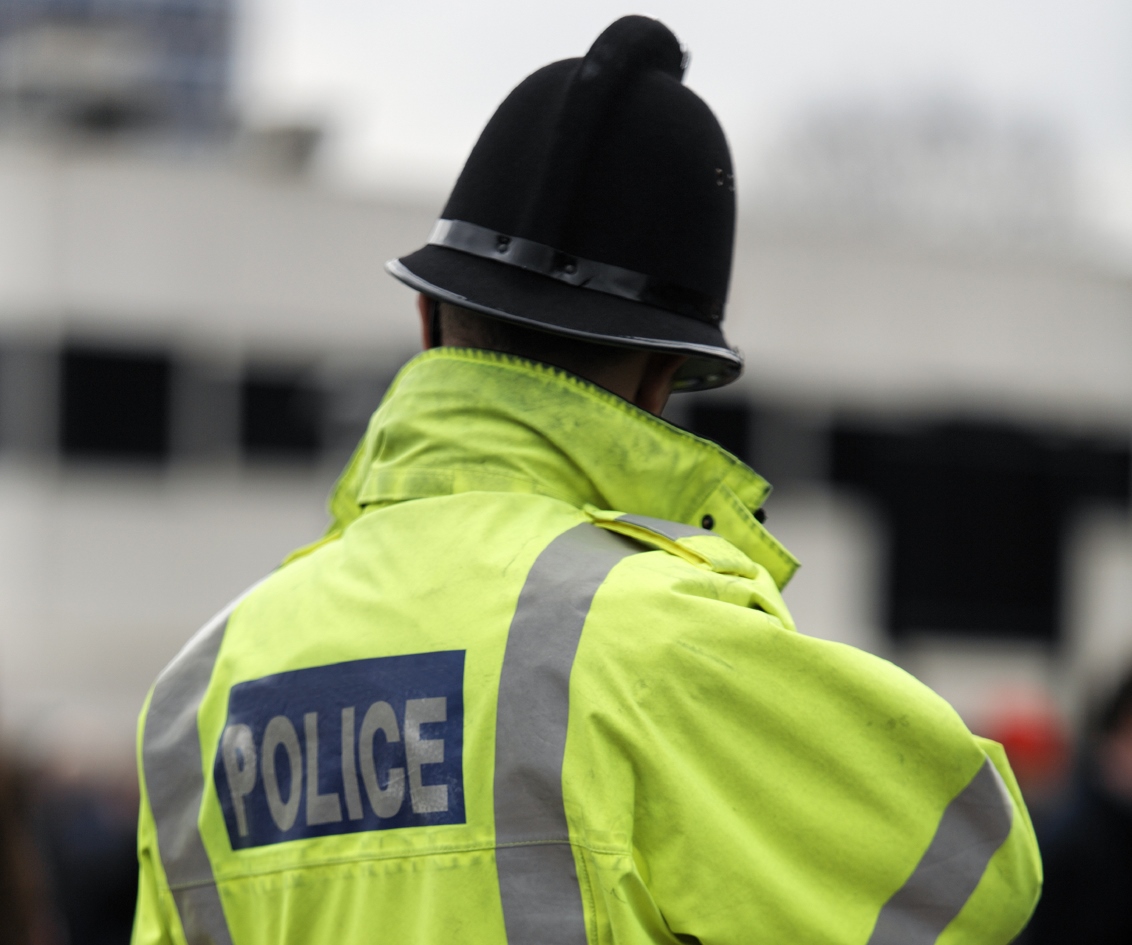It’s important officers feel they can speak up about the need for extra support, says Fed
THE stigma around PTSD among officers is starting to fall away, says South Yorkshire Police Federation.
Recent Cambridge University-led research into PTSD on the force revealed that nearly all the 17,000 officers interviewed had been exposed to trauma at work. Of those, 20% experienced PTSD like symptoms such as feeling emotionally ‘numb’ and being disconnected from those around them.
South Yorkshire Police Federation Chairman Steve Kent says the more the issue is talked about the better.
“I think the stigma is starting to go. Across society there’s less stigma in terms of mental health, and certainly in terms of policing,” he said.
“It is becoming appreciated how much PTSD is a risk to police officers who are dealing with trauma every day. Those barriers are getting lower, which is important so officers feel that they can talk to each other, talk to their supervisors and their managers and let people know if they need that bit of time out or they need that extra support.
“We’re on the first step of the ladder, really. It’s going to go through a seismic change in terms of peoples’ attitudes, but it is slowly turning around, which can only be a good thing.”
Support is in place for South Yorkshire officers who are feeling the stresses and strains of the job and Steve hopes they will feel able to come forward and recognise when they need help.
Protecting officers’ leave and rest days is an important part of ensuring good mental health in the workforce too.
“The force is doing a lot of work in terms of PTSD and appreciating what it is,” he said.
“We’re having health and wellbeing sessions for officers to sign up to and go to. PTSD is not going to go away. It’s always going to be there. We need to just make sure that we have as many officers trained in TRiM, which is stress risk assessment, so they can deal with that as these things are happening.
“There needs to be an attitude change again fundamentally across the board, because obviously, PTSD, the more it’s being realised, it’s being seen as a bigger issue, the more it’s looked at.
“There needs to be coping mechanisms built in. We need to try and protect peoples’ rest break as much as we possibly can because the nature of the job is never going to change,” he added.
“If anything, it’s got the potential to get worse. But if we can teach officers to cope with these things better, and if we can do more as a force to protect officers’ rest days and protect their meal breaks, then officers have the opportunity to take stock and potentially recover from what they’ve been dealing with that week. Rather than just constantly being at work and it mounting up and mounting up and mounting up.”

